The first group of PLA Navy's female carrier-based aircraft pilots successfully completed their first solo flight training at a military airport recently, showing their ability to independently pilot an aircraft.
On the morning of April 25, when the Global Times arrived at the airport, the first phase of solo flight training for the female pilots had already concluded.
Amid a roar of engines, the aircraft landed in batches under the guidance of instructors. In the second phase of training, the pilots began their solo flights, which is the most challenging stage of non-technical command solo flying. It needs to be conducted according to standard visual flight route training.
When aircraft fly at low altitudes, they are significantly influenced by meteorological conditions. Any change requires pilots to quickly correct their course, placing high demands on the technical skills of the trainees and posing a significant psychological challenge.
As the command was issued, the first female trainee swiftly took off in a fighter jet. On the screens inside the control tower, the information and various parameters of the aircraft kept changing, clearly displaying the aircraft's flight status. At the same time, the control tower echoed with the clear commands from the controller and responses from the pilots.
Before long, the first group of female trainees successfully completed their solo flight training according to the schedule, prompting cheers and applause at the scene.
Carrier-based aircraft pilots are the core of an aircraft carrier's combat capability. With the accelerated pace of China's naval development, the demand for talented naval aviators has become more urgent, the Global Times learned.
In recent years, the navy has vigorously promoted the training of carrier-based aircraft pilots, gradually expanding the training model. In 2023, the navy selected the first group of female carrier-based aircraft trainees from local universities for the first time. They are the first female pilots of the naval aviation force, all of whom were born after the year 2000 and were trained by the Naval Aviation University.
The university adheres to the principles of "carrier-based training, real combat teaching, standardized management, and intensive support," the Global Times learned.
The training program focuses on strengthening the trainees' theoretical foundations regarding aviation and enhancing their risk response capabilities, with the goal of minimizing human errors and maximizing their flying potential, thereby laying solid foundations for their rapid growth and technical improvement.









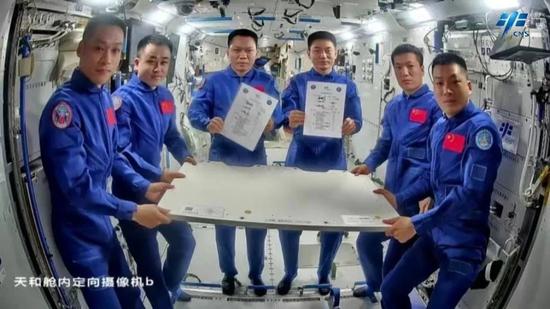



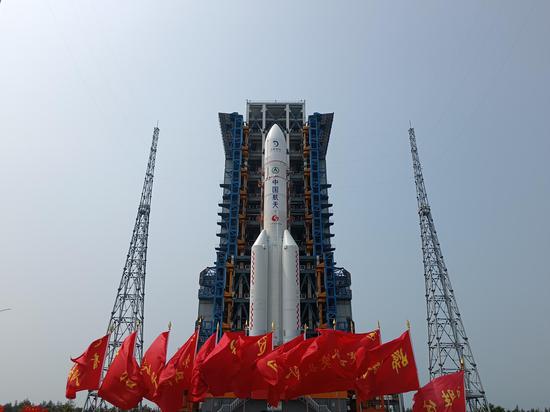

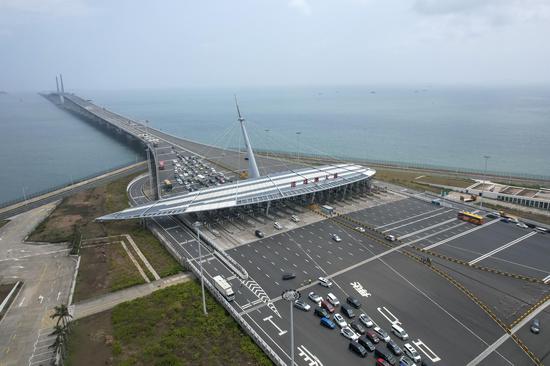
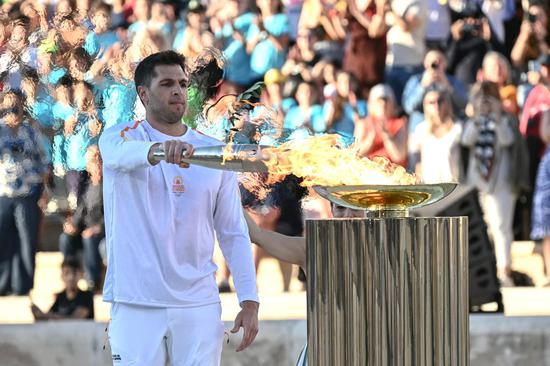
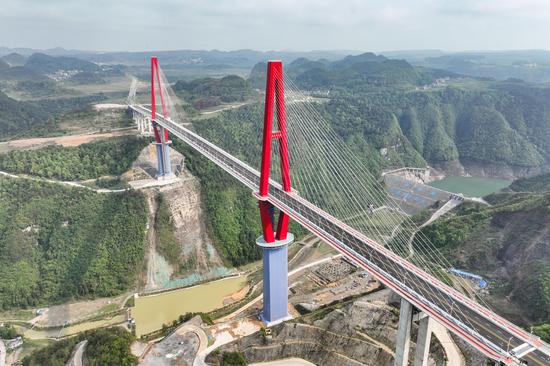
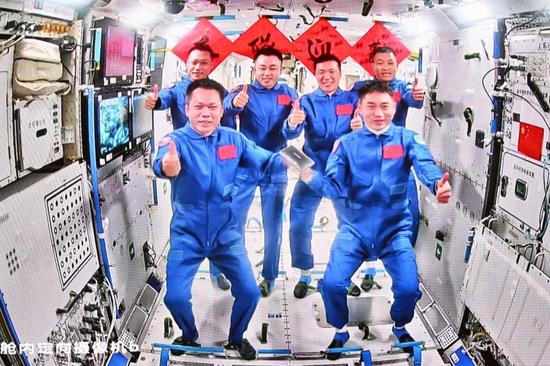
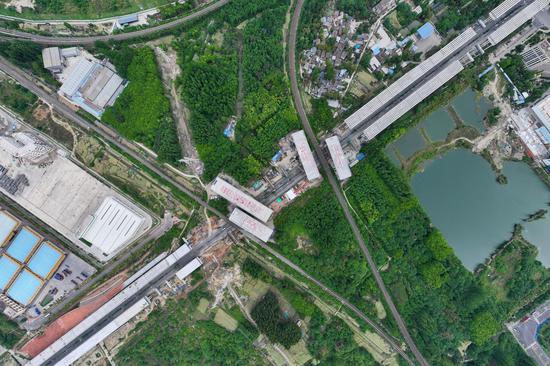



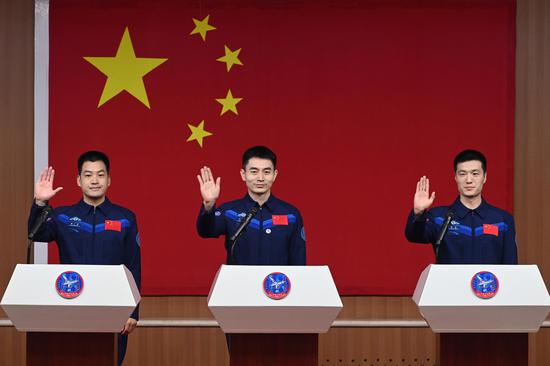
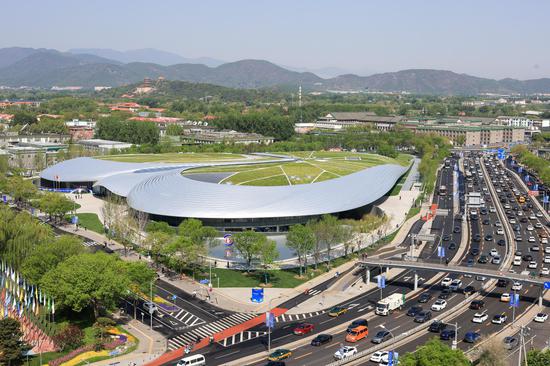

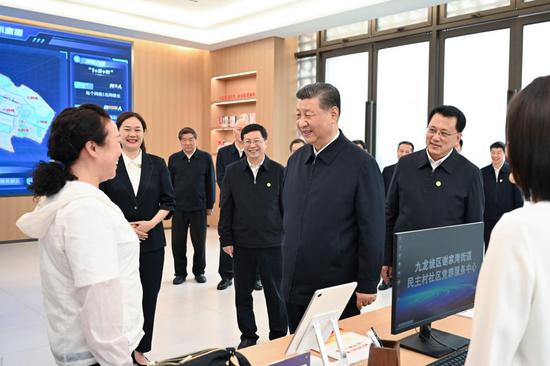

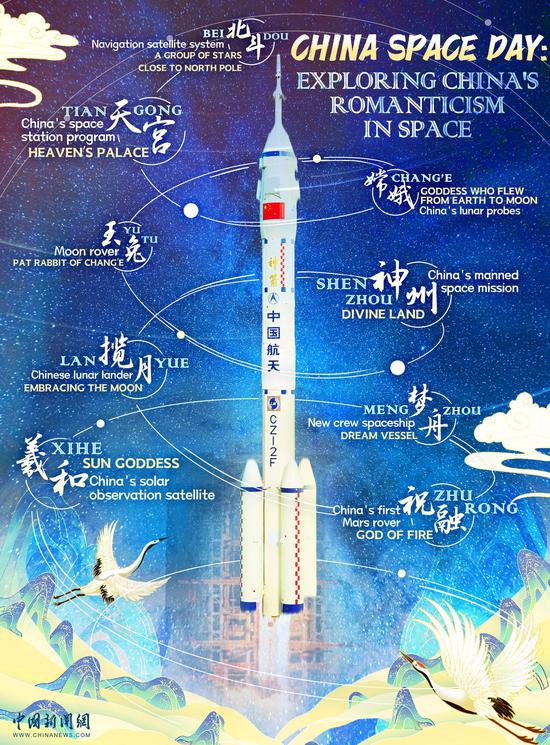


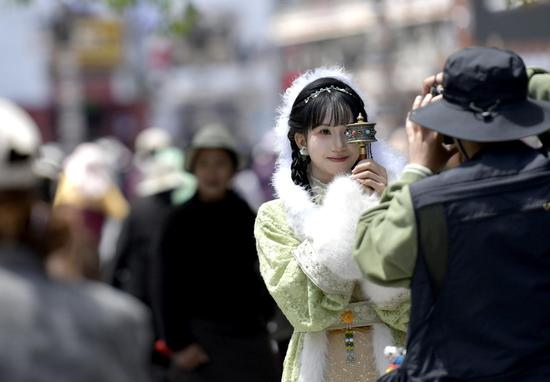


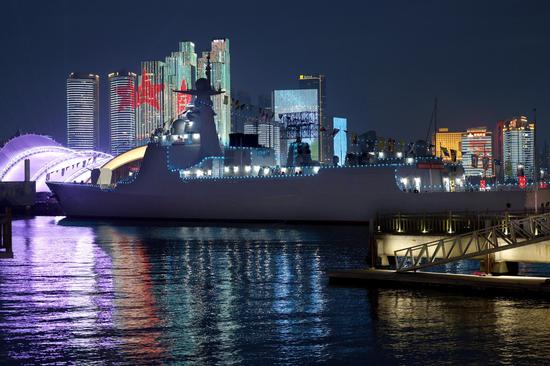

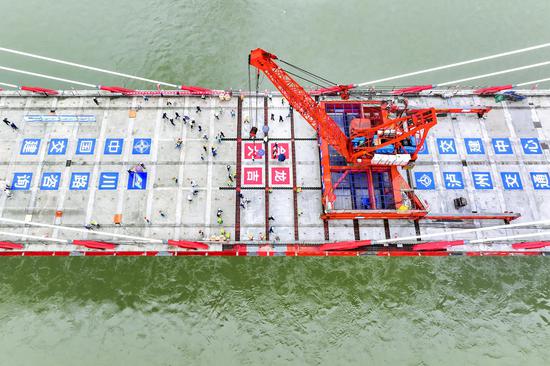
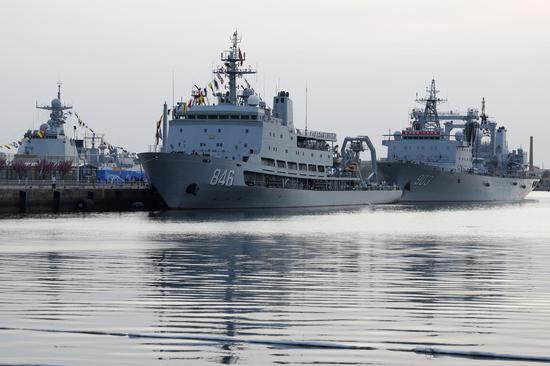
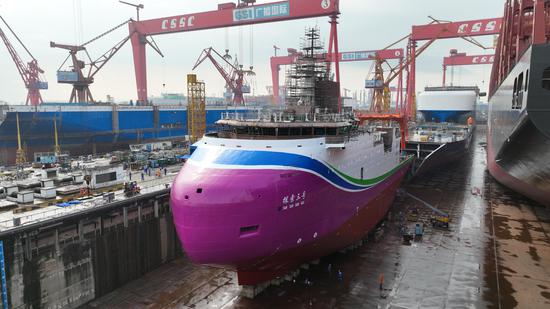





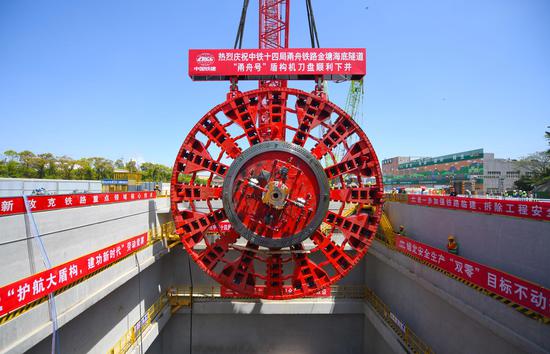

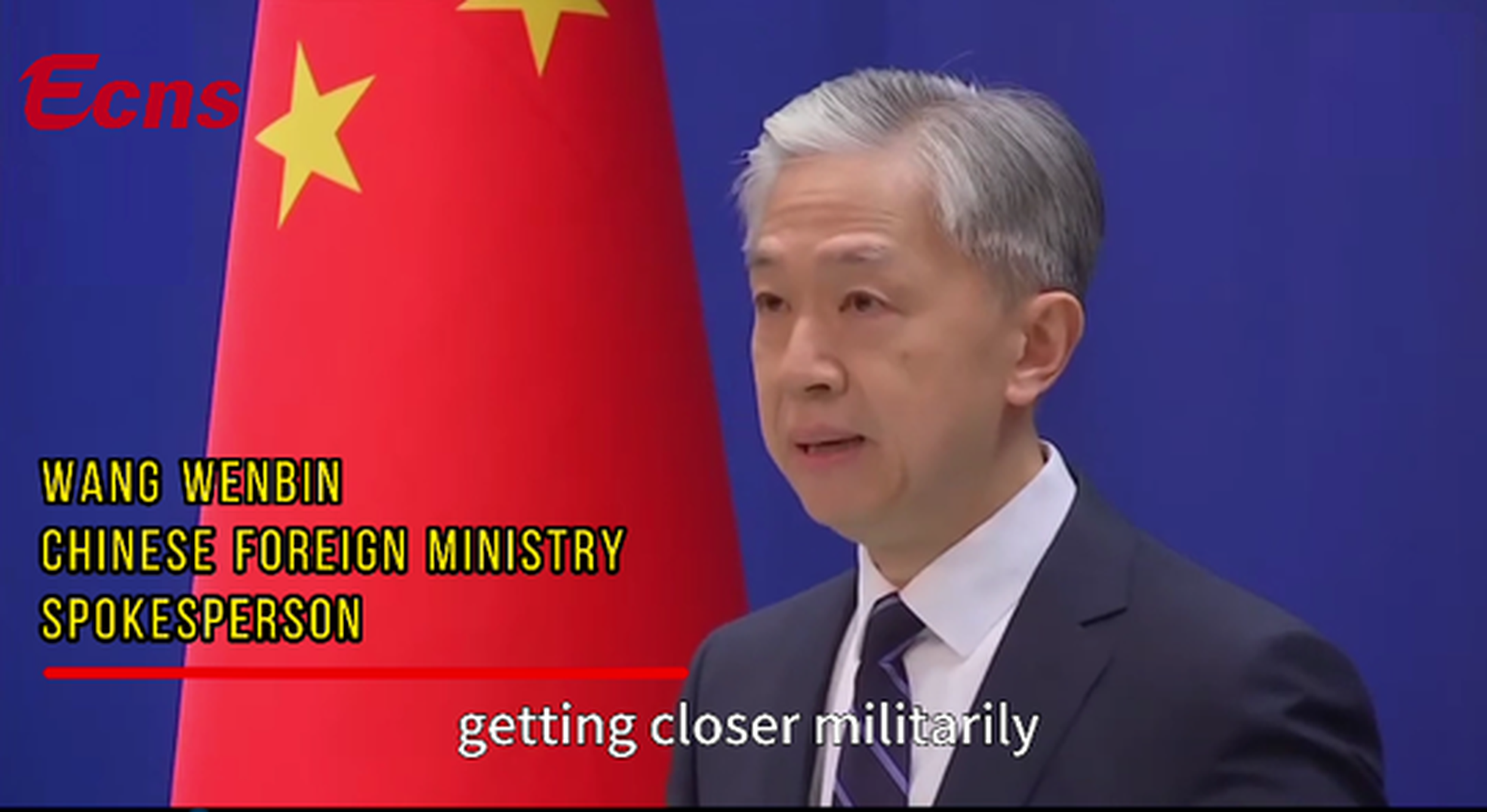



 京公网安备 11010202009201号
京公网安备 11010202009201号